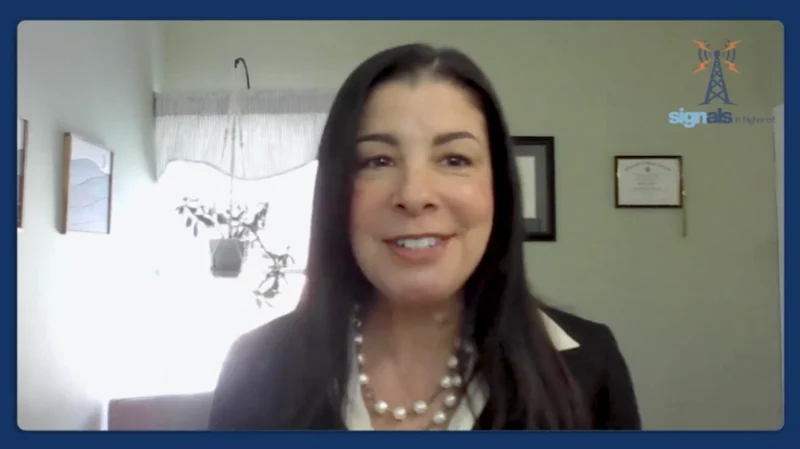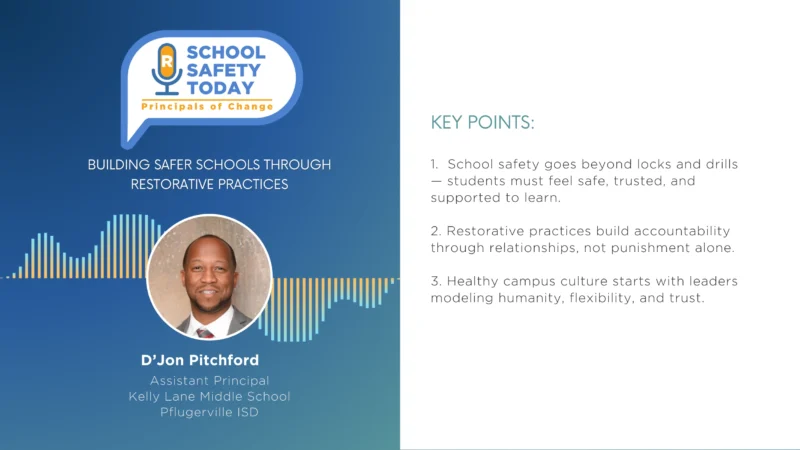Unraveling Procurement Problems: The State of Purchasing in Texas
In the often perplexing world of Texas school procurement, a deeply concerning issue has emerged. At the heart of the procurement problems lies a critical question: How do consultants influence this intricate process, and what are the real financial implications?
Mike Monsive, a seasoned expert in the field, has pulled back the curtain on these complexities, stating unequivocally, “The procurement problems in Texas for government agencies and schools is completely screwed up. It’s backwards. It’s upside down.”
Let’s dive into the deeper layers of this issue. Monsive highlights the pervasive bias that infiltrates the system, explaining, “There’s a lot of bias that goes into this. Many times these engineers and architects, consultants are using the same specifications over and over and over again.”
The result? A troubling cycle of rehashed standards that lead to outdated technology specifications, costing schools and taxpayers a pretty penny.
According to Monsive, these practices have spawned a common refrain: “Consultants are taking shortcuts, specifications are outdated, and costs are skyrocketing.”
This prompts a pressing concern: How do these shortcuts and outmoded specifications affect our students and the financial health of our schools? It’s a question that merits exploration, discussion, and ultimately, action.
“Consultant shortcuts and outdated specs are inflating costs within Texas school procurement,” Monsive underscores.




